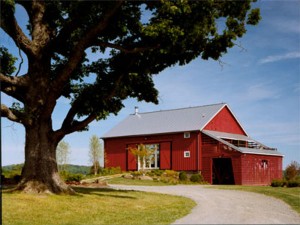
Sloppy vs. Focused Spiritual Life
Discipline yourself for the purpose of godliness.
1 Tim 4:7 (NASB)
Our fleshly, sinful nature takes our basic needs and turns them into obsessions. Our flesh (i.e., fallenness) yearns the govern us and divert us from intimacy with God. Our flesh cries out for attention and desires to rule our lives. Our sinful nature is an idolatrous over-desire that arises from our being: a heart that is afraid of disappointment, fears that God will be unfaithful, worries about unmet needs, and yearns for control. Discipline is not the favorite word of our flesh (Prov. 23:12 NASB). Discipline says to the flesh, “No more control.” Discipline looks to the Holy Spirit to work in us what Christ did for us on the Cross. The Holy Spirit imparts sanctifying grace to enable us to say, “No,” to worldly passions and unrighteous desires (Titus 2:11-14). Freedom is the reward of disciplined trust in the Holy Spirit. We depend on his grace to make godly choices and there we find release from the flesh’s bondage.
‘Discipline’ has become a dirty word in our culture . . . . I know I am speaking heresy in many circles, but spontaneity is greatly overvalued. The ‘spontaneous’ person who shrugs off the need for discipline is like the farmer who went out to gather the eggs. As he walked across the farmyard toward the hen house, he noticed the pump was leaking. So he stopped to fix it. It needed a new washer, so he set off to the barn to get one. But on the way he saw that the hayloft needed straightening, so he went fetch the pitchfork. Hanging next to the pitchfork was a broom with a broken handle. ‘I must make a note to myself to buy a broom handle the next time I get to town,’ he thought . . . .
By now it is clear that the farmer is not going to get his eggs gathered, nor is he likely to accomplish anything else he sets out to do. He is utterly, gloriously spontaneous, but he is hardly free. He is if anything, a prisoner to his unbridled spontaneity.
The fact of the matter is that discipline is the only way to freedom; it is the necessary context for spontaneity.
John Guest cited in Donald S. Whitney, Spiritual Disciplines of the Christian Life (Colorado Springs, CO: NavPress, 1991), 236.
